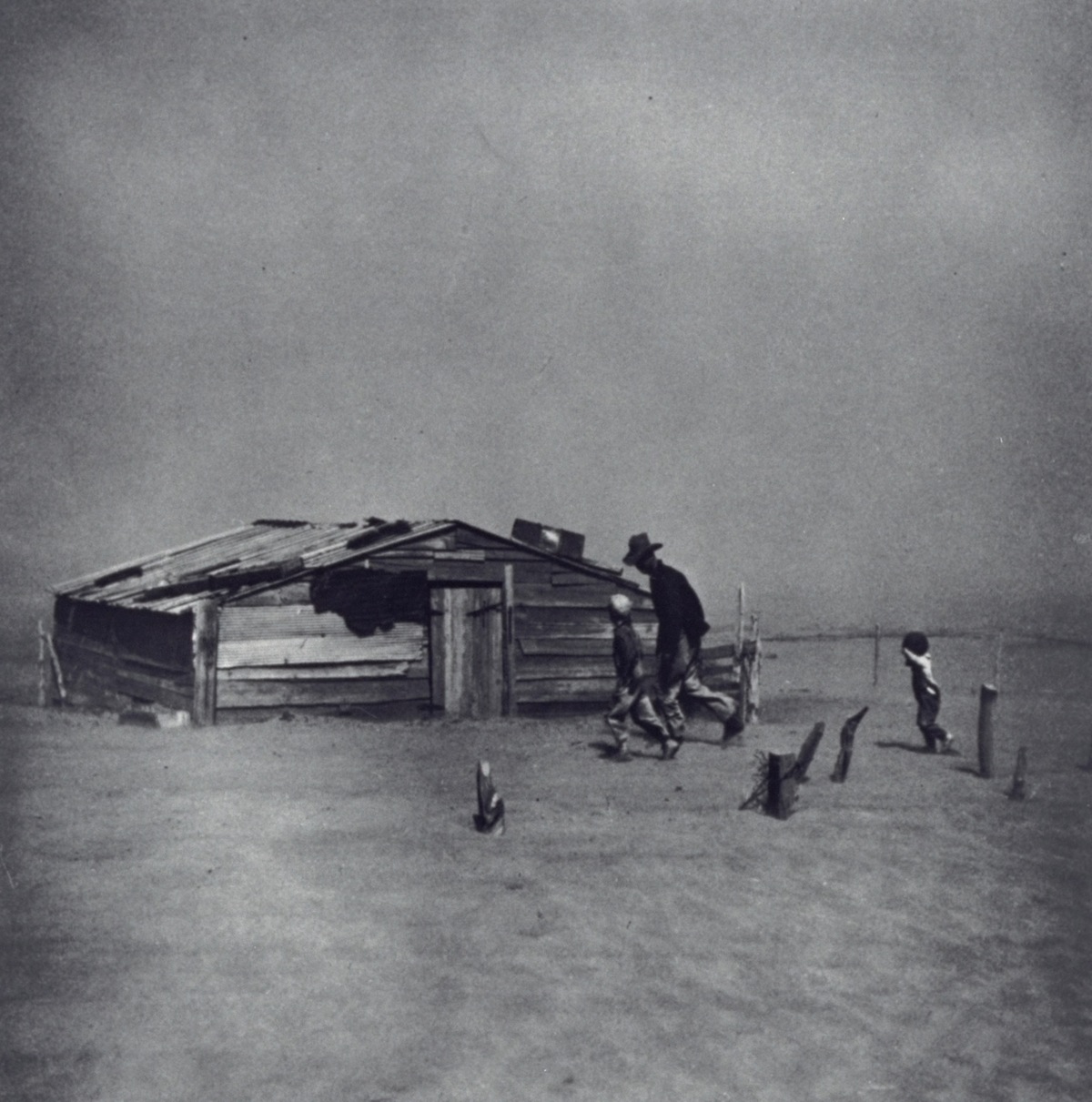
The dust fell so thickly on this day, April 14, 80 years ago, that even Okies and Texans inured to dust storms thought the end of the world was upon them. The fast-moving, low-hanging black cloud caught them unprepared, trapping motorists in their cars and forcing those who were caught out in the open to drop to their knees and crawl blindly toward shelter, according to an account by the Oklahoma Climatological Survey. “Afternoon brightness [plunged] immediately into midnight darkness,” noted one National Weather Service observer.
It became known as the Black Sunday storm — the worst on record in the drought-stricken Great Plains. An Associated Press reporter and photographer who had tried to outrun the storm in a car were trapped for hours in the suffocating blackness. The next day, the reporter used the term “Dust Bowl” for the first time in print to describe the devastated region: “Three little words — achingly familiar on a western farmer’s tongue — rule life today in the dust bowl of the continent … ‘if it rains,’ ” he wrote.
Four years after Black Sunday, John Steinbeck marked the storm’s anniversary by publishing The Grapes of Wrath, the iconic tale of Oklahoma tenant farmers driven off their land and pushed into California in search of a new life. The fictional Joad family joined the real-life exodus of migrant farmers — roughly a quarter of a million of them, per TIME — who followed the same path out of desperation after the farms of the Great Plains were ruined by drought, overgrazing and unsustainable farming practices.
But in the promised land where Ma Joad dreamed of “a white house with oranges growin’ around,” they encountered hostility and living conditions not much better than in the dusty wasteland they’d left behind.
“Some of them camp in packing-box jungles and drink ditchwater; others are lucky enough to lodge in new government camps with modern plumbing and electric washing machines,” TIME observed in a 1940 article that compared the real-life migrant farmers to Steinbeck’s fictional ones. (Reviled as the penniless Okies were in California, TIME offered an ambivalent defense: “Strangely enough the incidence of venereal disease among the migrants is lower than among native Californians, and they have relatively little tuberculosis. Greatest plague: dietary diseases (scurvy and pellagra), resulting from lack of fresh meat and vegetables.”)
And while The Grapes of Wrath climbed to the top of the bestseller list, won the Pulitzer Prize, and became a “cornerstone of [Steinbeck’s] 1962 Nobel Prize,” according to the introduction to the Penguin Classics edition, TIME was similarly ambivalent about the merits of the book. In its review, TIME concludes:
The publishers believe it is “perhaps the greatest modern American novel, perhaps the greatest single creative work this country has ever produced.” It is not. But it is Steinbeck’s best novel… It is “great” in the way that Uncle Tom’s Cabin was great — because it is inspired propaganda, half tract, half human-interest story, emotionalizing a great theme.
Read the full review of The Grapes of Wrath, here in the TIME archives: Oakies
See the Most Insane Natural Disasters of 2014
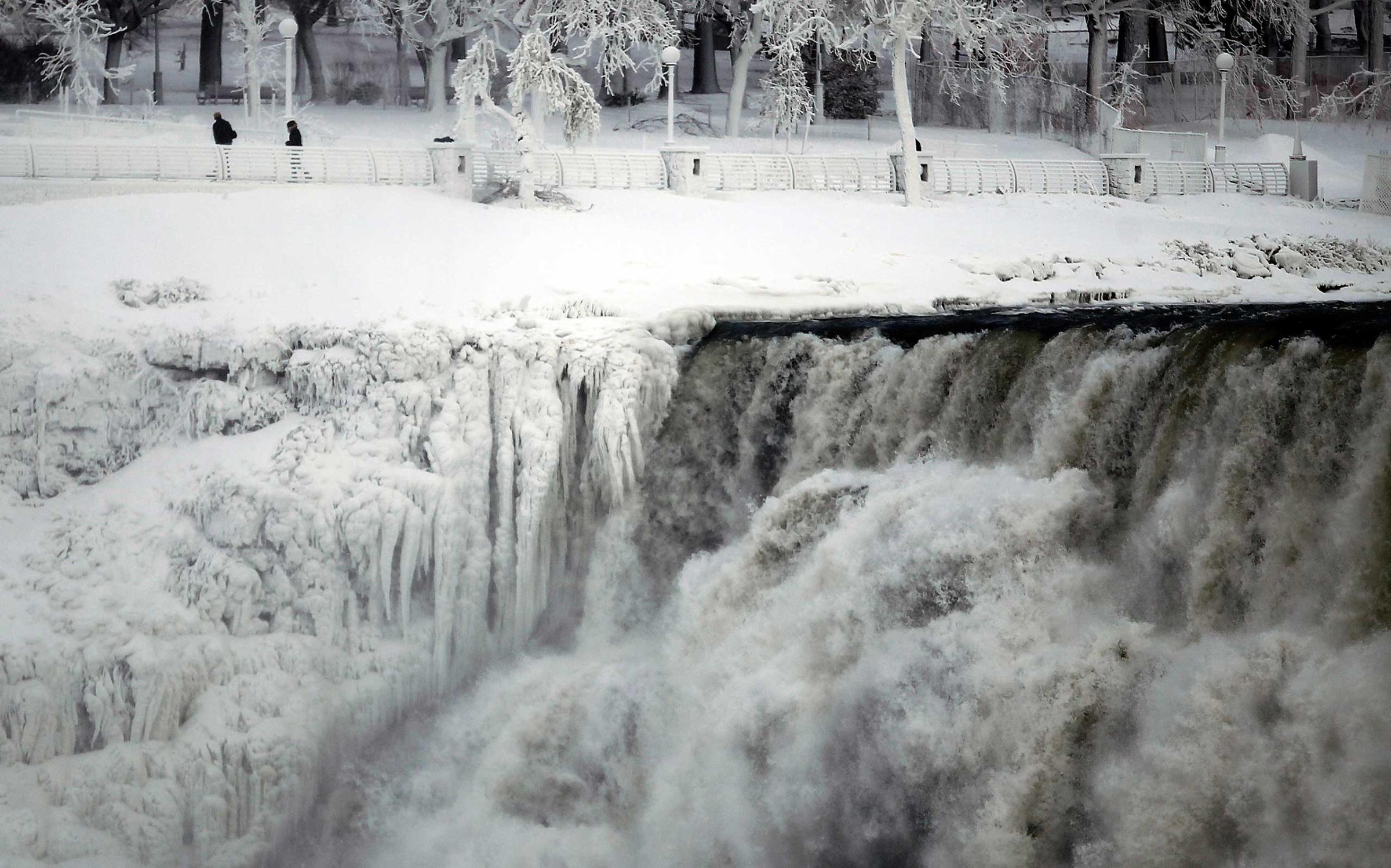
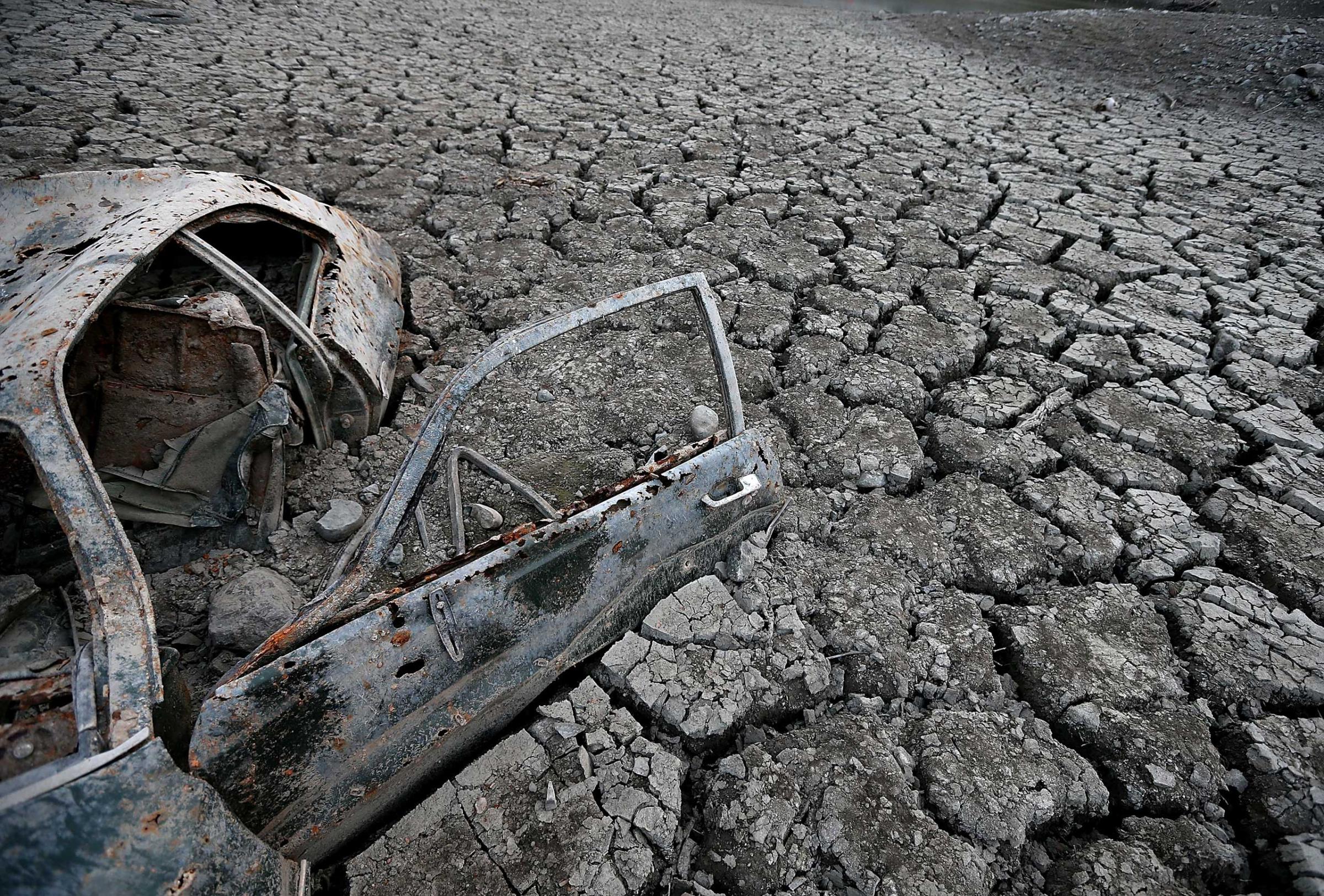
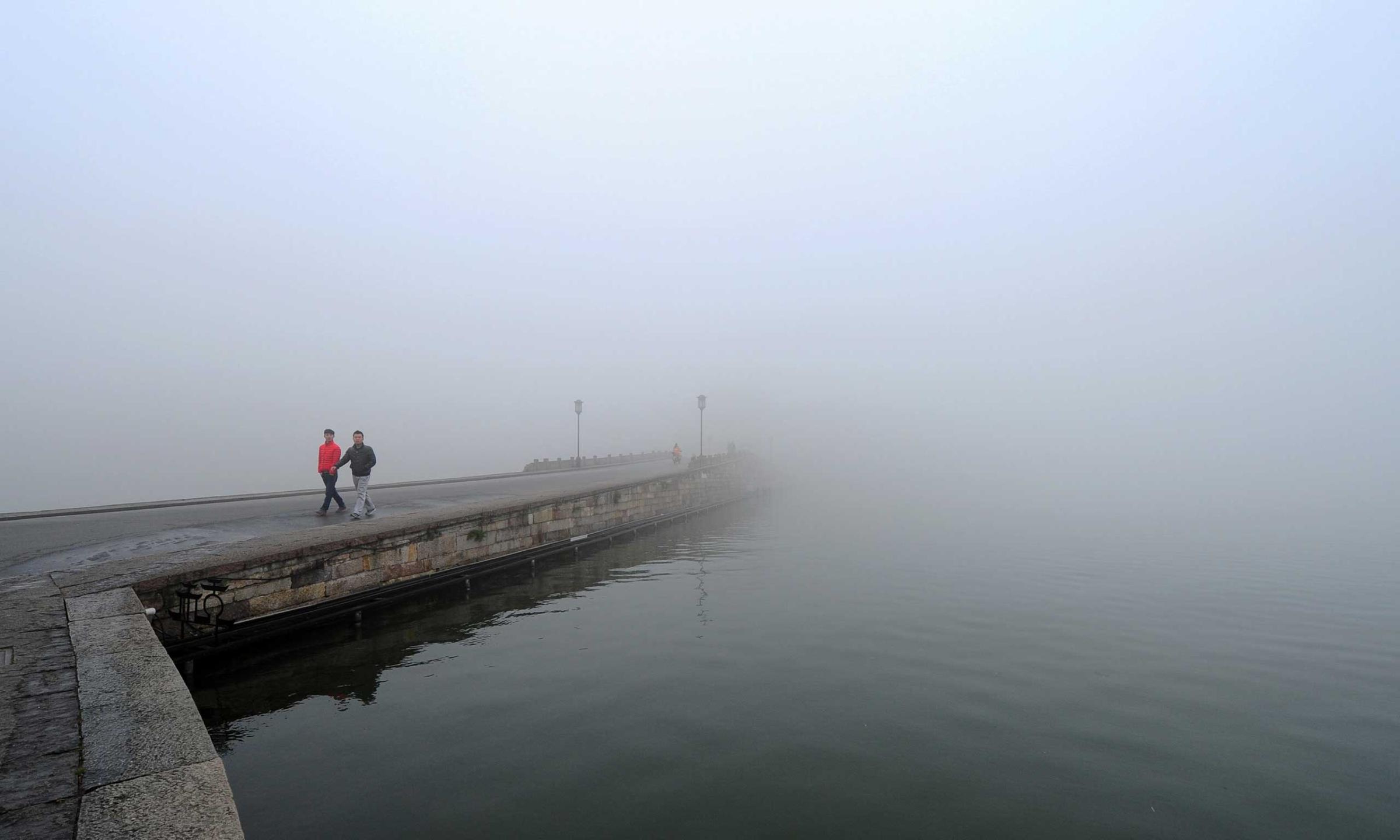


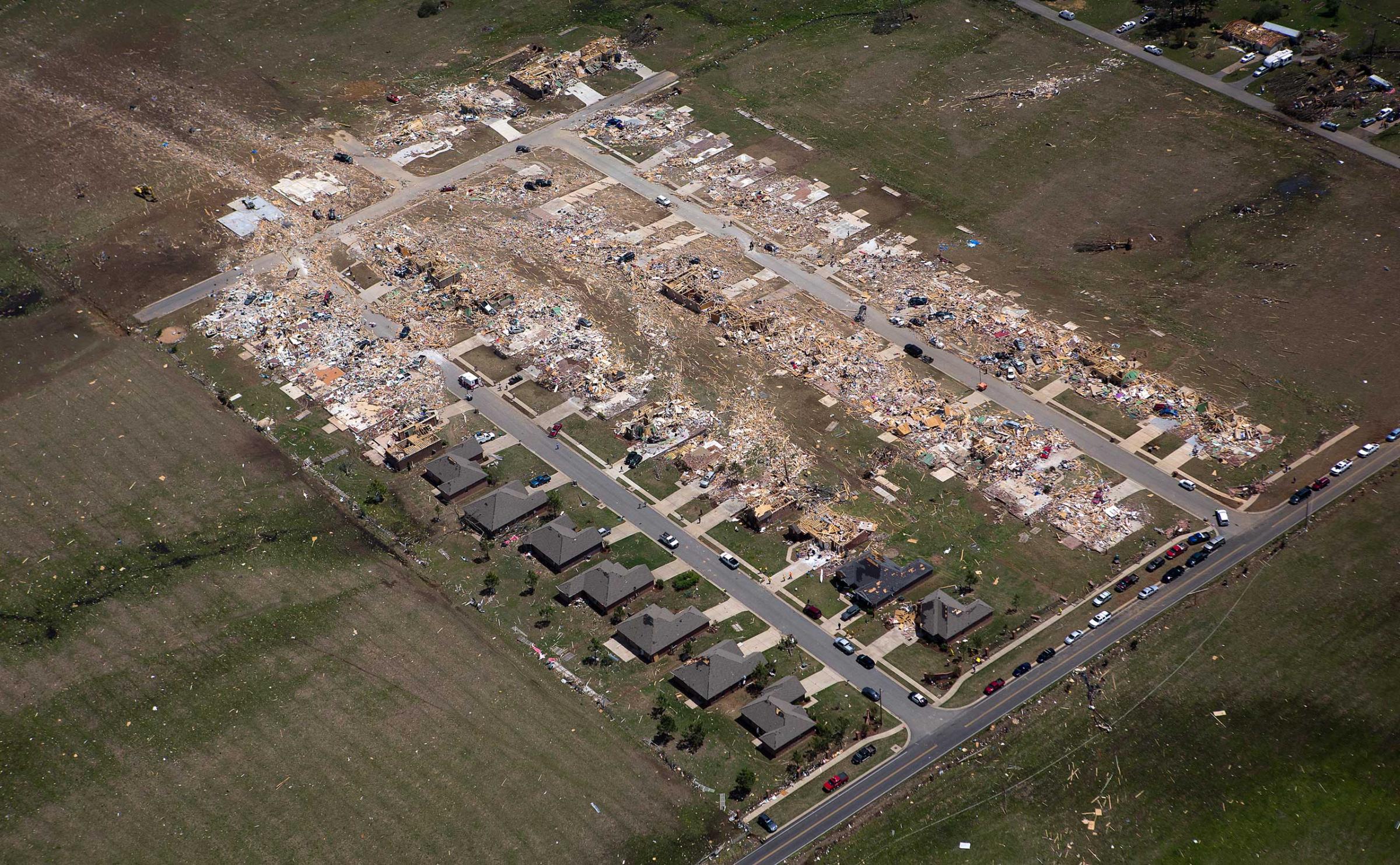
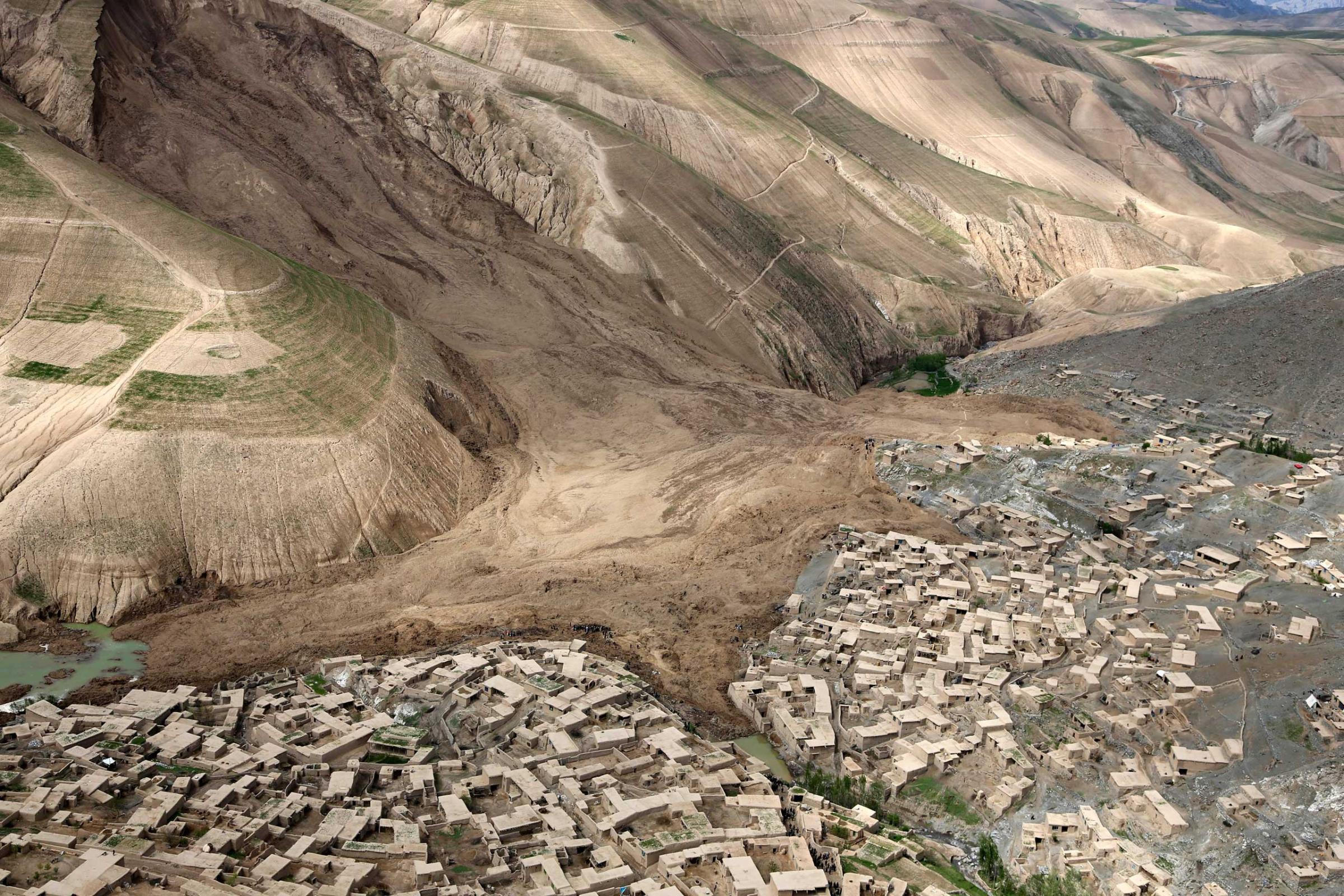
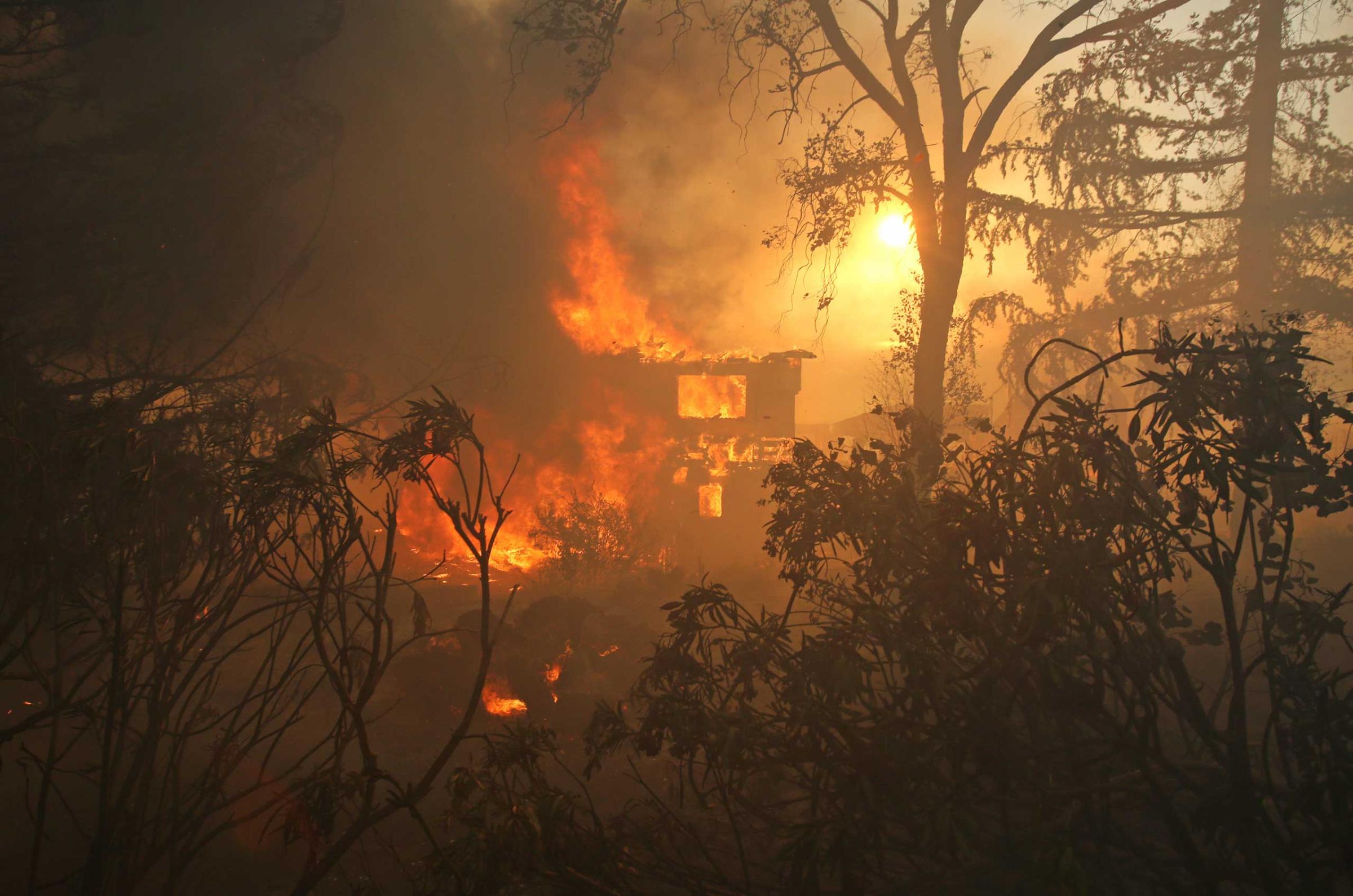
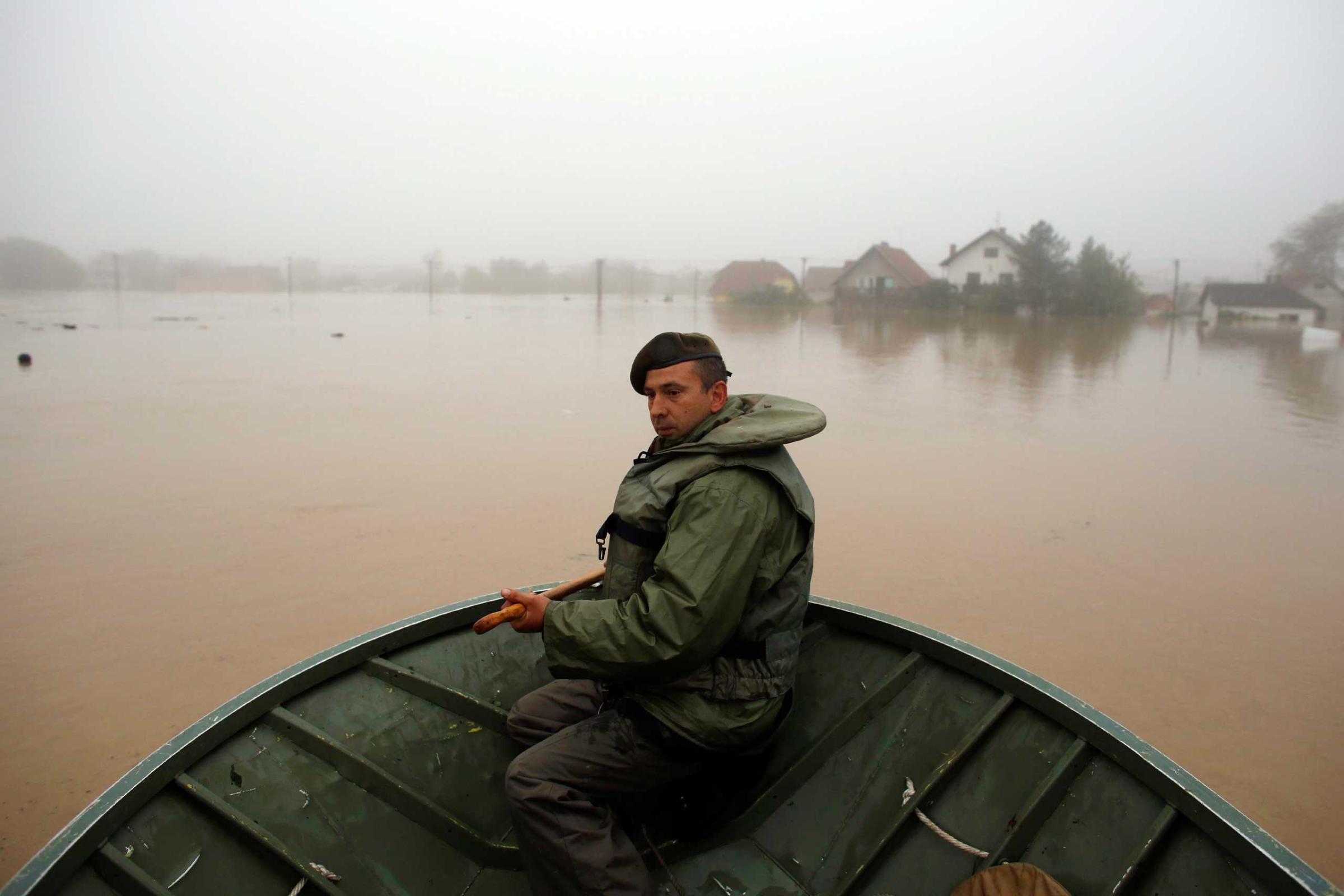

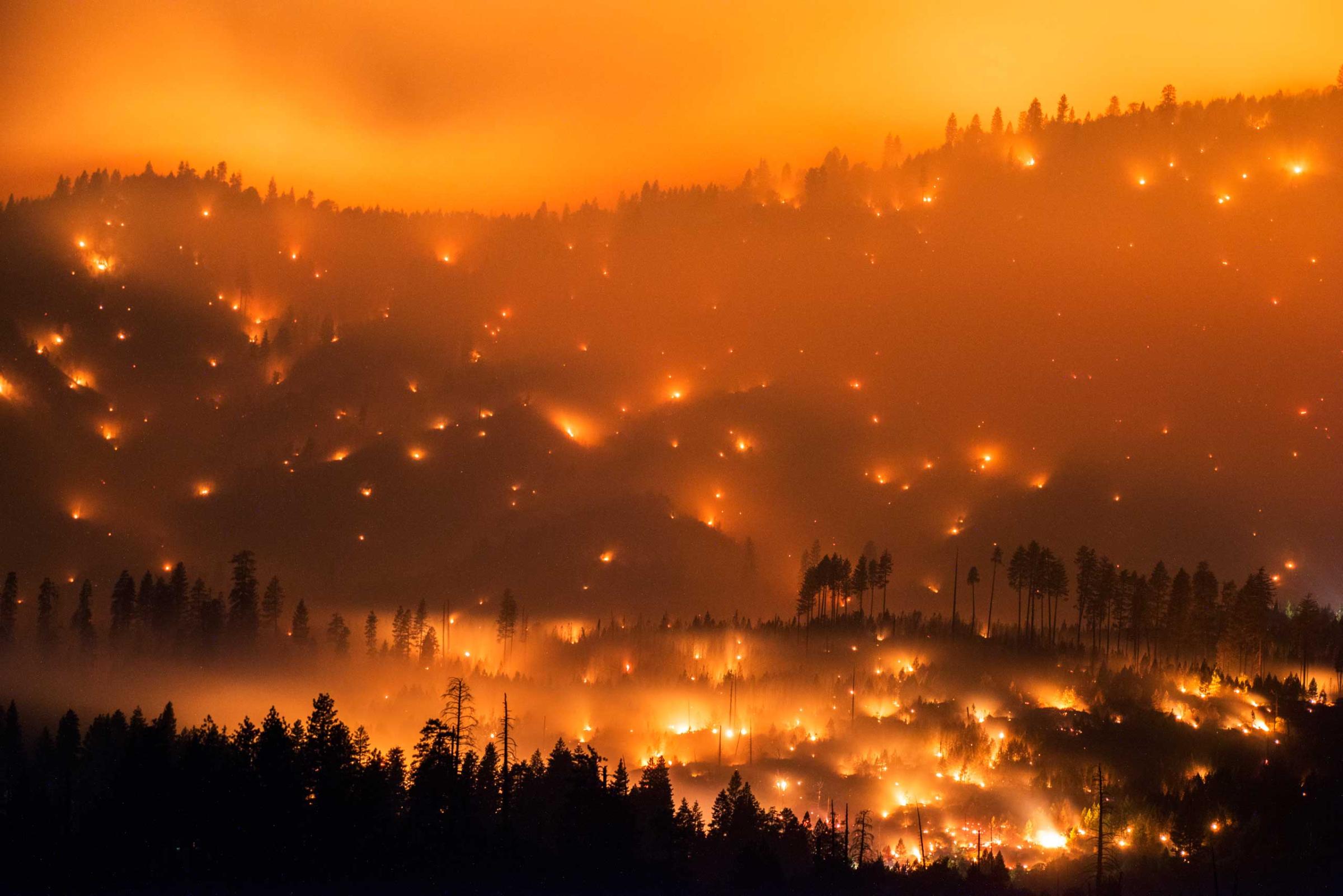
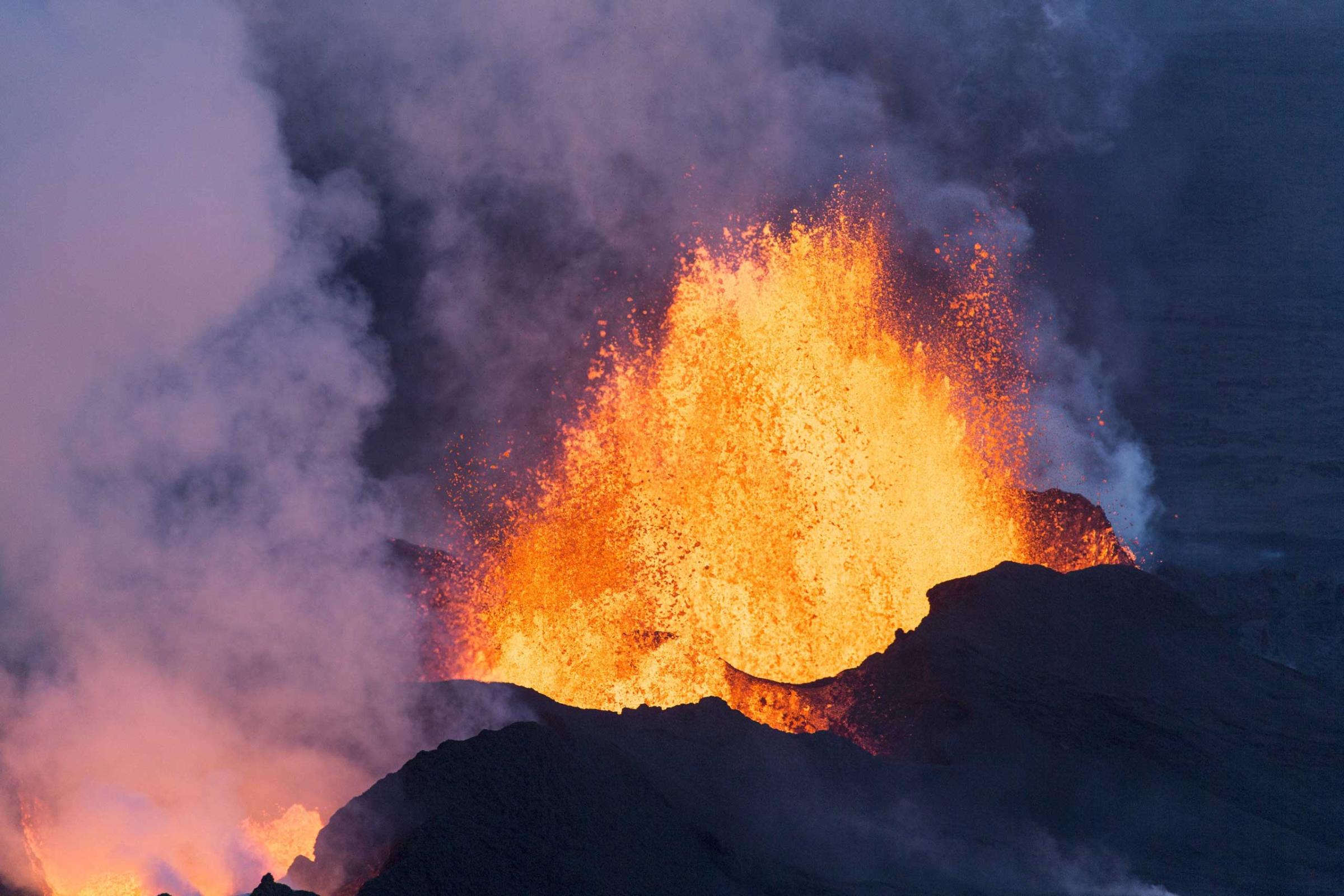
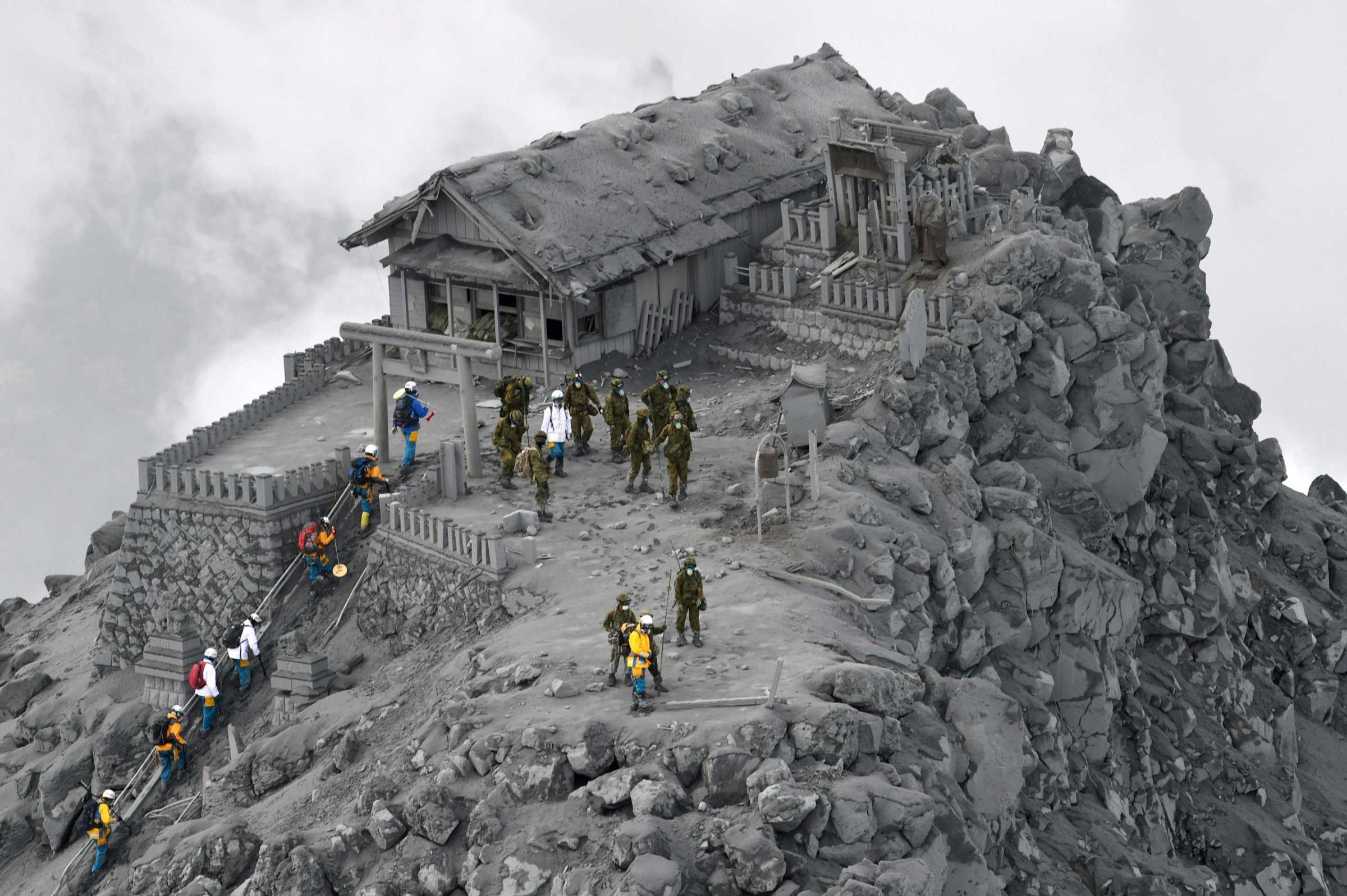
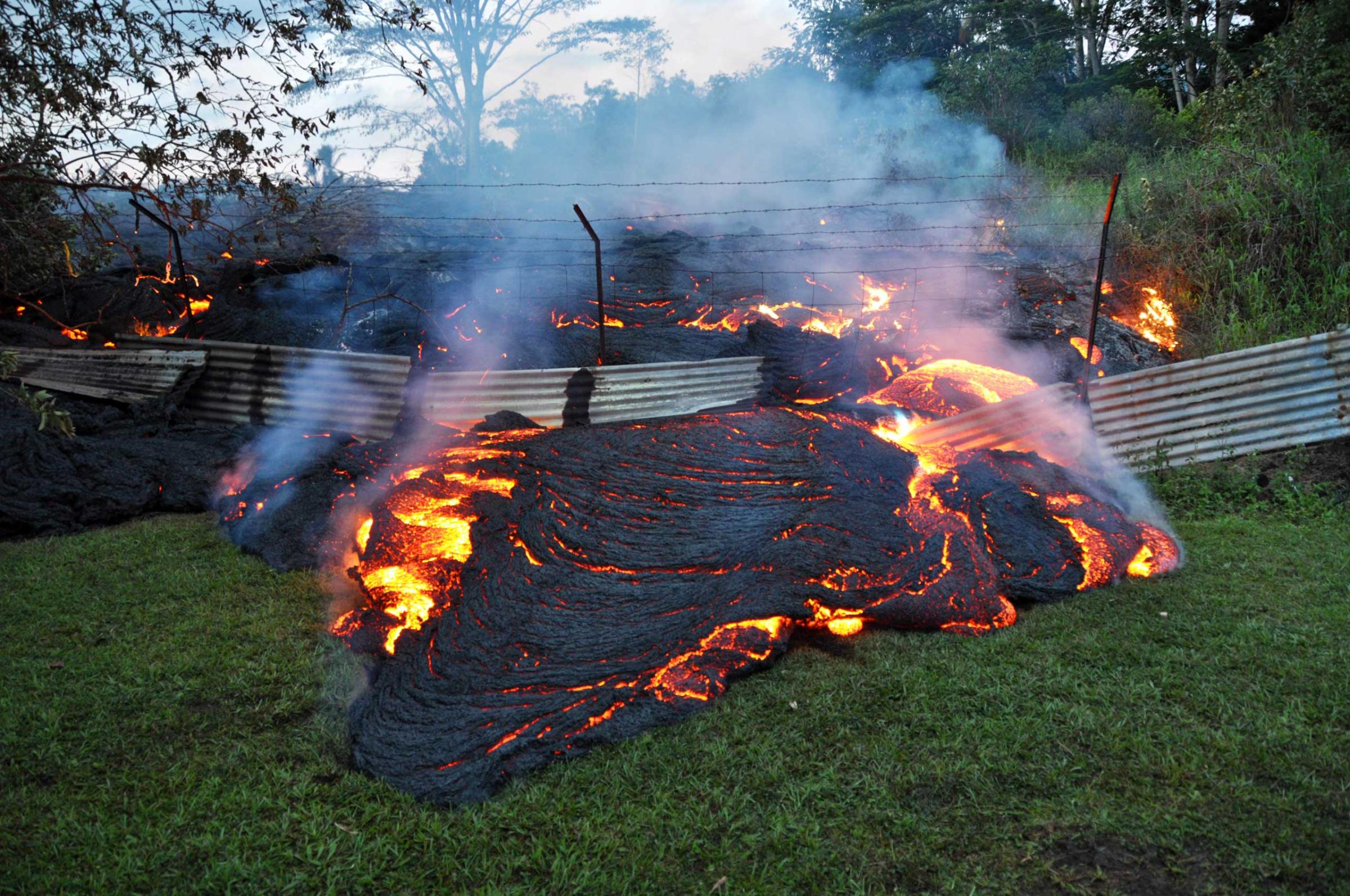


More Must-Reads from TIME
- Cybersecurity Experts Are Sounding the Alarm on DOGE
- Meet the 2025 Women of the Year
- The Harsh Truth About Disability Inclusion
- Why Do More Young Adults Have Cancer?
- Colman Domingo Leads With Radical Love
- How to Get Better at Doing Things Alone
- Michelle Zauner Stares Down the Darkness
Contact us at letters@time.com